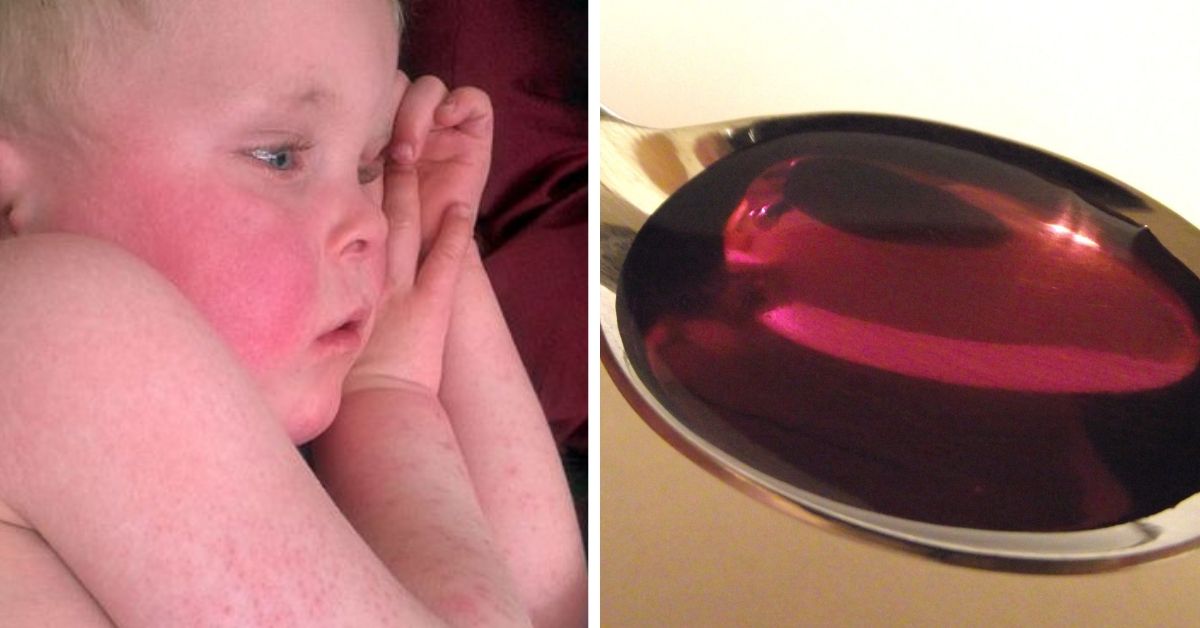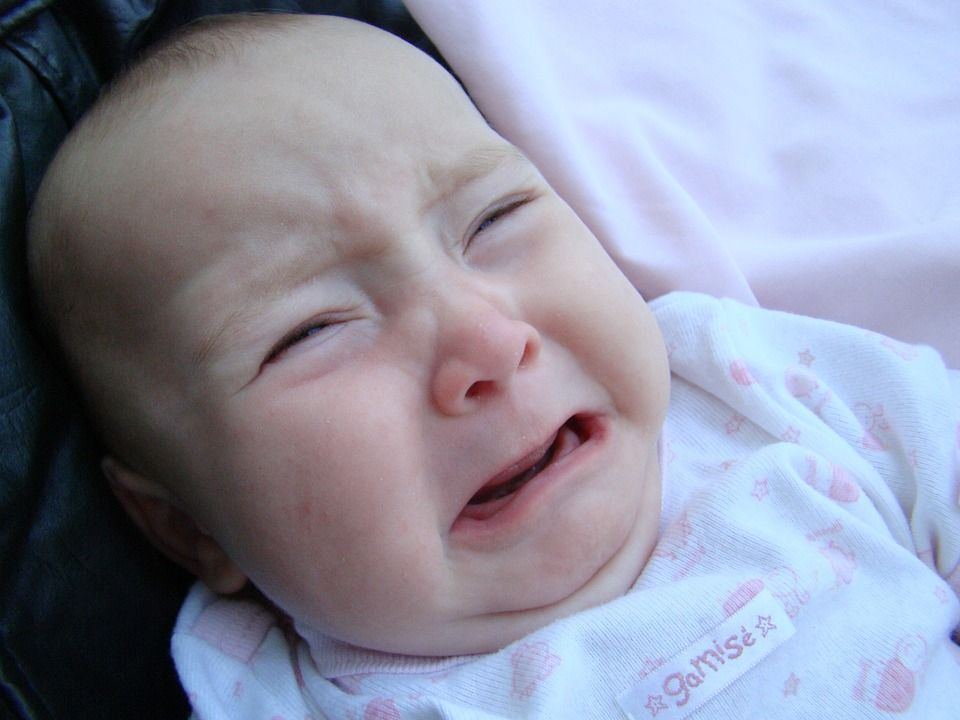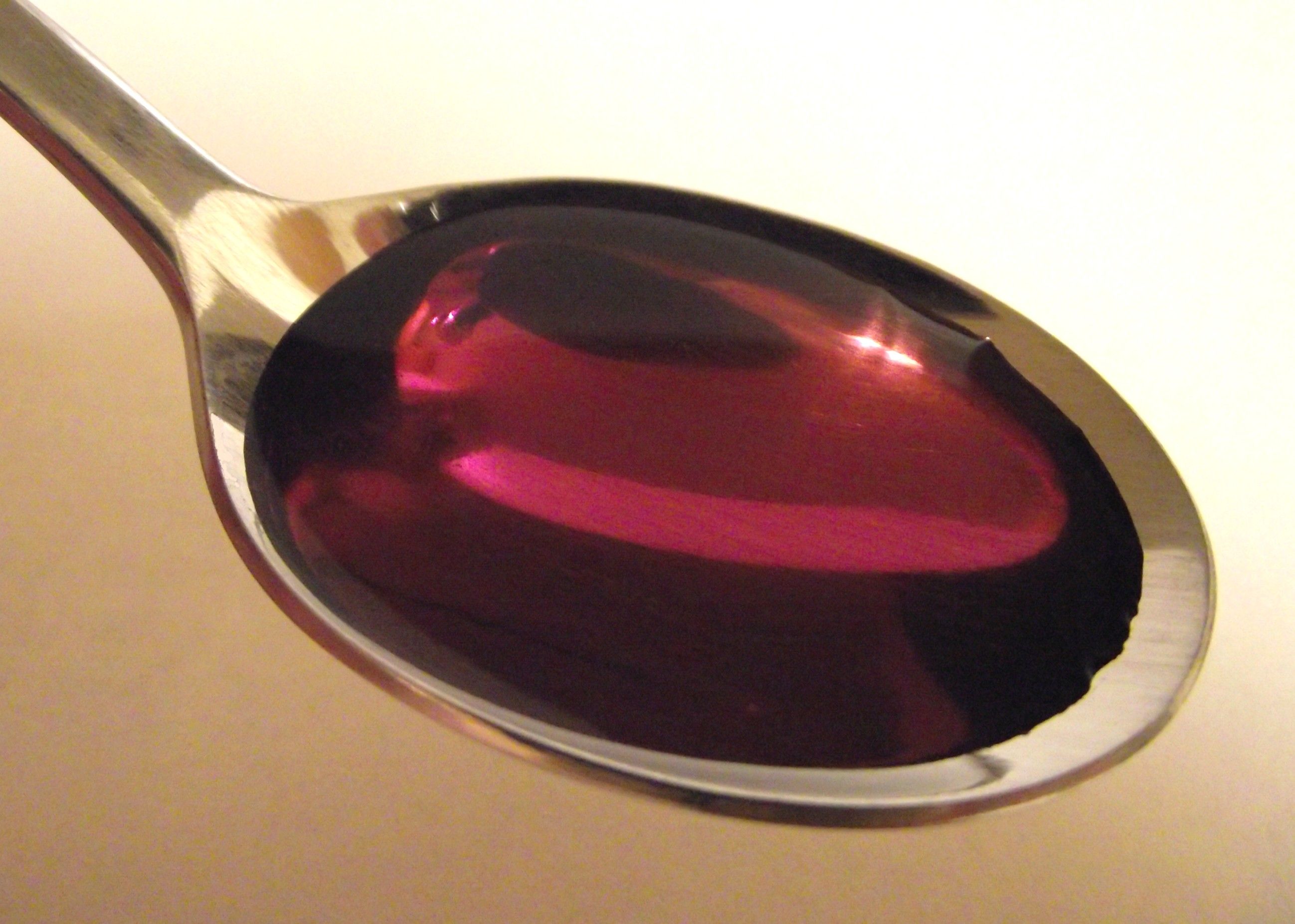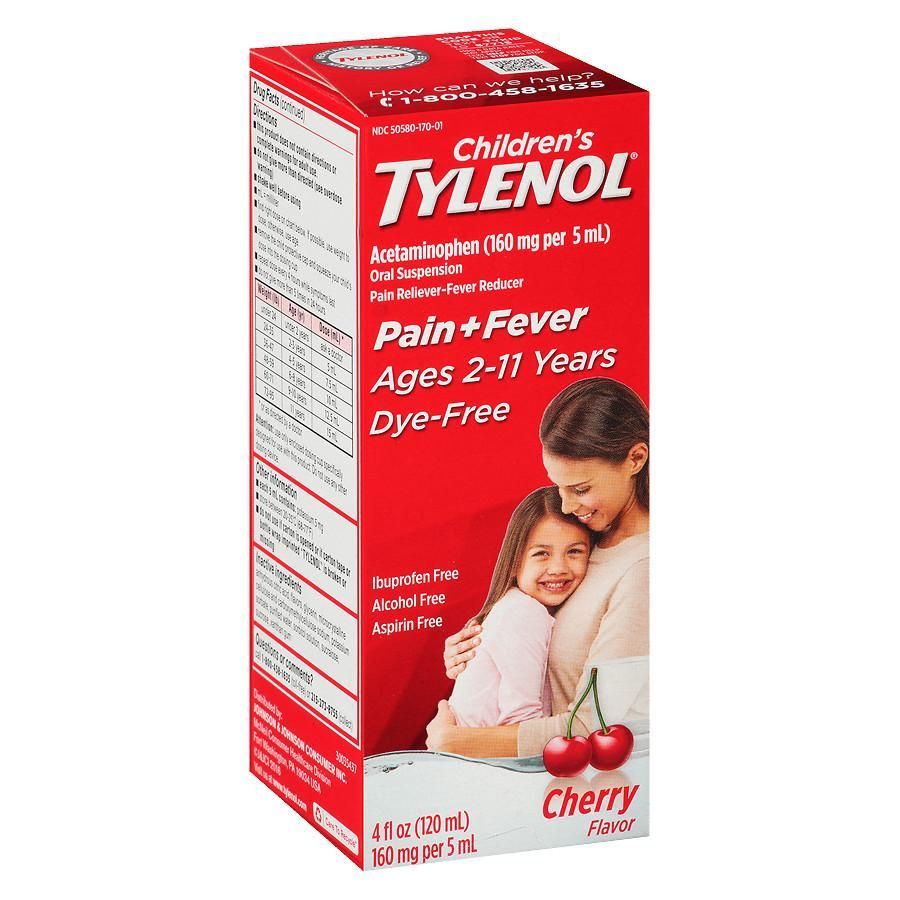As a parent, it's hard to watch your child fight a cold or the flu, and know that there isn't much you can do about it.
In most cases, doctors will tell you that you should let the infection run its course, or they may prescribe over-the-counter medicine to help alleviate any fever, pain, congestion, and other irritating symptoms.
Most parents are well aware that children under the age of two shouldn't be given any kind of cold medicine, especially those containing antihistamines or decongestants. These ingredients could trigger some serious side-effects and put your child's health in danger.
Elevated heart rates, convulsions, hypertension, and even death have reported in infants who ingested cold medicine.
But what about older children?
Some health experts previously argued that in small doses cold and cough medicines could be administered to children between the ages of two and six, but it looks like that stance has changed.
A new study published in the BMJ in October found that there isn't enough evidence to support the effectiveness of over-the-counter medicine in treating cough and congestion. In children under six, these medicines don't actually relieve cough at all.
Furthermore, when these products are given to young children, they can have life-threatening consequences.
This is why pediatricians are now urging parents of children under six years old to lay off the cold medicines that contain antihistamines. If your child is between six and 12, it is recommended that you exercise caution when giving them a dose.
Consumer Affairs is also sounding the alarm about cold medicines for adults. They have found that they can cause insomnia, drowsiness, headache and upset stomach.
The study also found that since medical professionals and the Food and Drug Administration have warned parents about the dangers of such medications, they have seen a decline in visits to the emergency room.
Safe alternatives
Since not all over-the-counter medicines are created equal, there are much safer alternatives to treat your sick child with.
If your child is experiencing aches, fever, and pains, medicines with ibuprofen (children's Motrin) or acetaminophen (children's Tylenol) will bring them some relief.
The study found that certain natural remedies, such as echinacea, probiotics, eucalyptus oil, and steam, are also ineffective.
The best thing to do is to make sure that your child stays hydrated. You can also use saline nasal drops as well as a cool-mist humidifier to help relieve any congestion.
It may take some time, but the virus should clear out of your child's system within 10 days. However, if the symptoms persist or appear to be much more serious, then it may be time to see a doctor.
If you're having trouble identifying if your child has a cold or the flu, here's how you can tell the difference.





